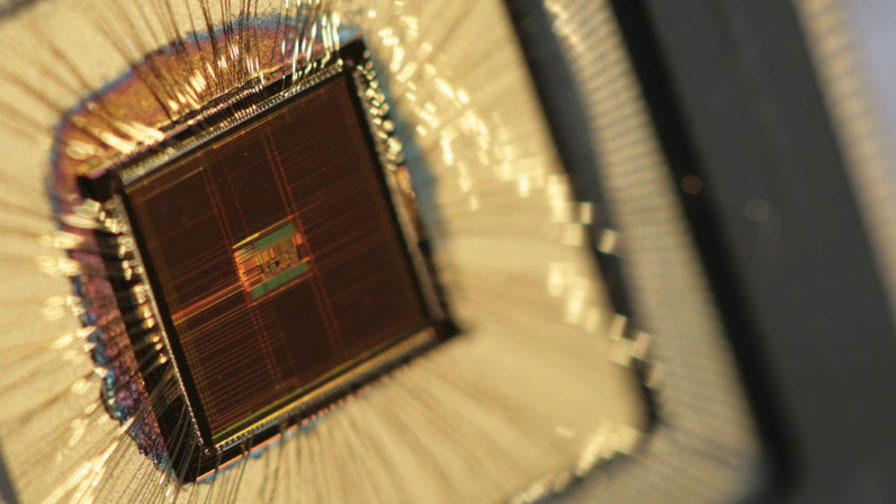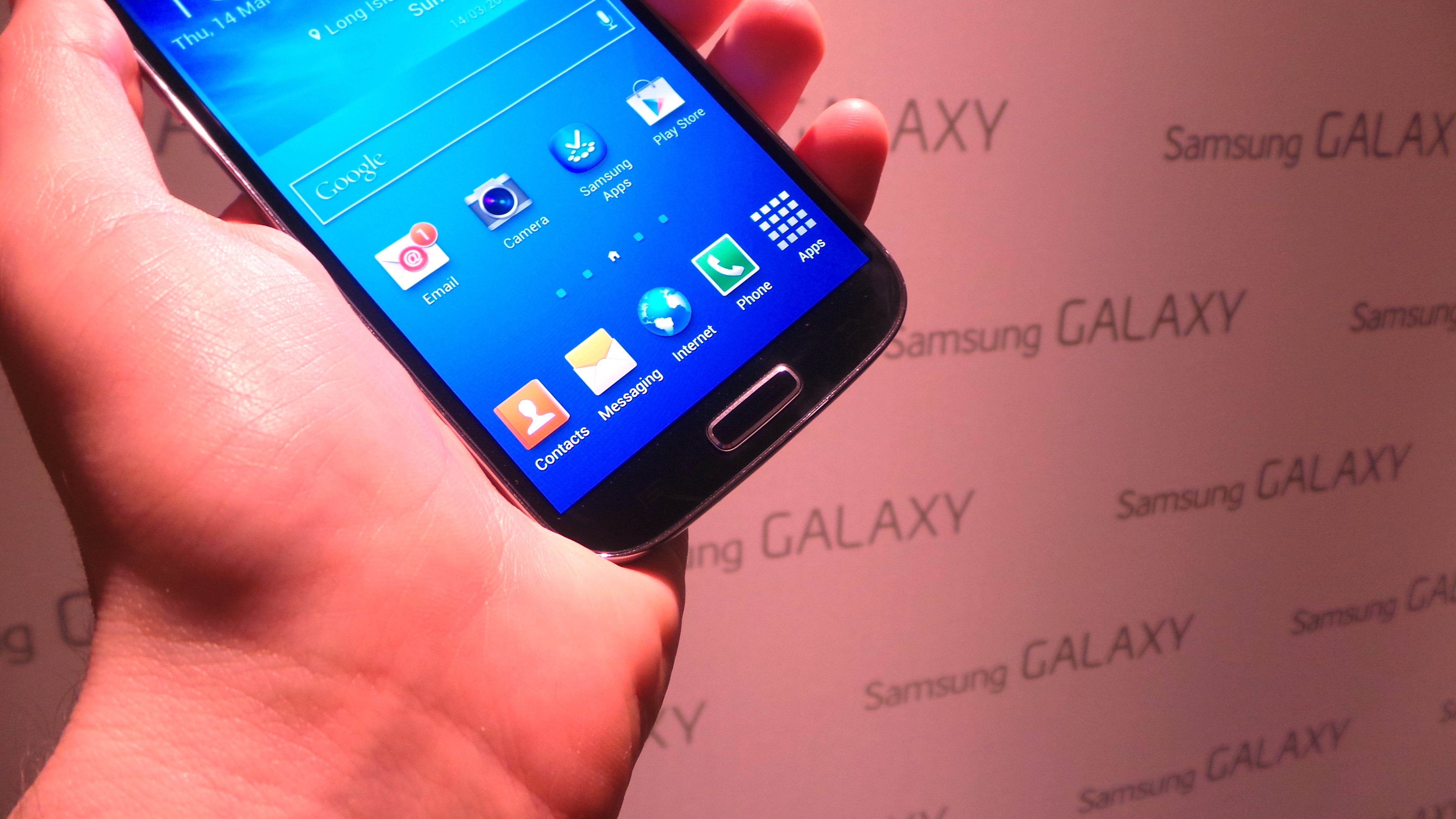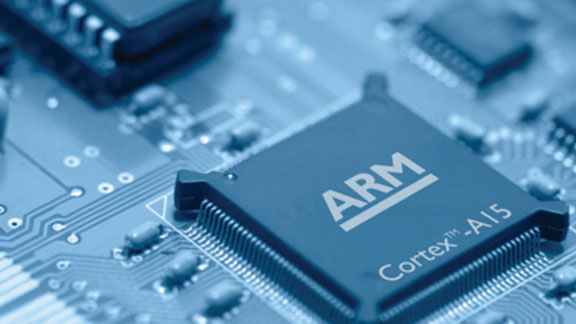Why ARM is still the tech giant you don't really know
EVP Ian Drew talks tablets, wearable tech and consumer brands

Given that the number of ARM-based chips made in 2012 outnumbered the population of Earth several times over, it's fair to suggest that Ian Drew is a man whose finger is on the tech pulse.
A former Intel-man, Drew is currently in charge of marketing and business development, and is a key figure in the British company's strategy, making him an ideal person to ask just why such an influential technology company still remains so far from consumer minds.
For all its so-far brilliant model - letting partners like Samsung, Qualcomm and Microsoft hog the limelight - ARM is aware that there are big benefits to getting a little more credit than they currently do.
"Having been at ARM for eight years I can tell you that, when I first joined everyone we talked to went 'ARM? Who are you?'. Now, the semiconductor market all know us very well and, in the next step outside of that, in software, content and OEMS we're reasonably well known," said Drew
"The bit that we are not well known it as a consumer brand and the reason we don't do a consumer brand is our culture - we're very much into pushing our partners forward. Would we ever do a consumer brand? I'd never say never, but our business model is about partnerships and about the way we do business."

Just to give a quick example of how prevalent ARM has become, the Samsung Galaxy S4 uses a huge amount of ARM technology, the Microsoft Surface RT is the first example of Windows on something other than the traditional (Intel-based) X86 PC platform, the Nike Fuelband has an ARM chip, and if your phone has a Snapdragon processor from Qualcomm, it is based on ARM's processor.
Taking lessons from others?
Given that kind of presence, TechRadar asked Drew if ARM could look to replicate the clever way in which Corning's Gorilla Glass has gone from phone component to a familiar consumer selling point.
Sign up for breaking news, reviews, opinion, top tech deals, and more.
"Certainly consumers are becoming more savvy - and we have some plans to go into that space," Drew said. "But let's look at it in a different way; We're talking about phones but I don't think of it as a phone - a phone is what I had ten years ago - it's a PC. In reality what we are doing with it is a lot more than just as phone and what I would like to do is bring the ARM association in with all those other things as well.
"There's a whole pile of add-ons like the Nike fuel band and [the smartphone] is going to be more and more the centre of your world. Yes we need to be associated with that but we need to be associated with it in a positive way that adds all those things together.
"Building a brand takes multiples years. I think we are getting there but we have to be centre of our universe first, then we then expand to places like Hollywood and the software industry. I don't think the next step is consumer: ultimately we'd look at consumer but the next step is the influencers. We're not going to see an ARM inside logo on devices, but it's how you get the people writing about those phones saying it's got a Cortex A15 versus 'x' and giving you data to go and do that."

"We're a typical British company we're not going to shout about [our success] but things like seeing Warren [East] on stage with Samsung, of being involved with huge announcements, are helping."
ARM vs Intel
Intel's dominance of the processor market in traditional computing has increasingly be challenged by the rise in mobile, something the chip giant is now working hard to work its way into - whereas Windows RT showed the shift the industry has taken towards ARM's designs. So what has prompted this shift?

Patrick Goss is the ex-Editor in Chief of TechRadar. Patrick was a passionate and experienced journalist, and he has been lucky enough to work on some of the finest online properties on the planet, building audiences everywhere and establishing himself at the forefront of digital content. After a long stint as the boss at TechRadar, Patrick has now moved on to a role with Apple, where he is the Managing Editor for the App Store in the UK.